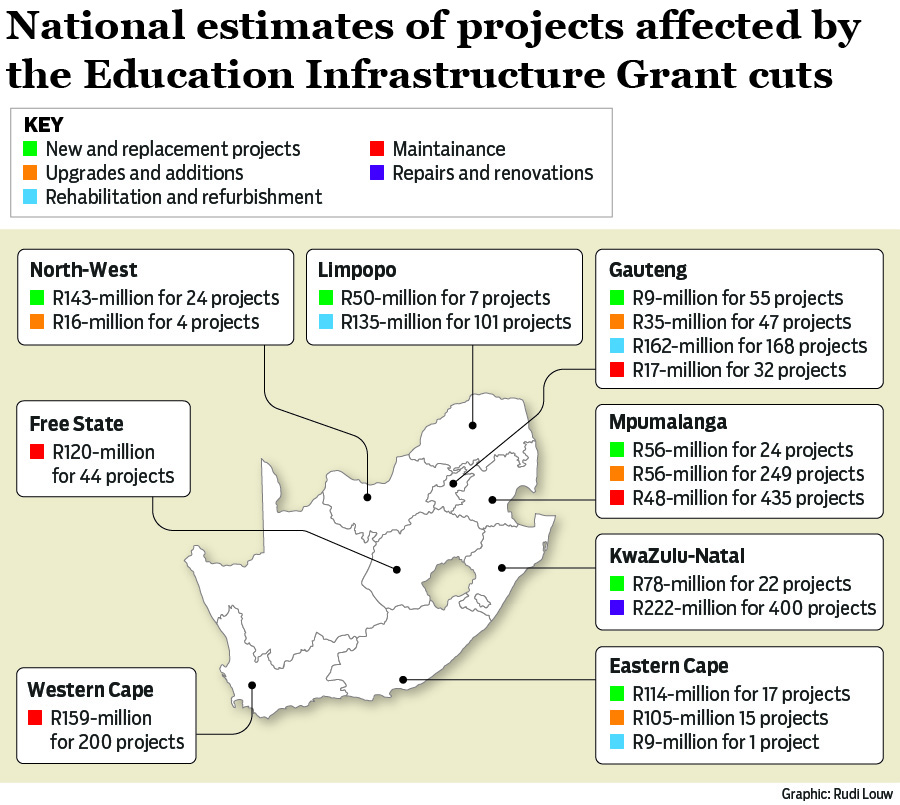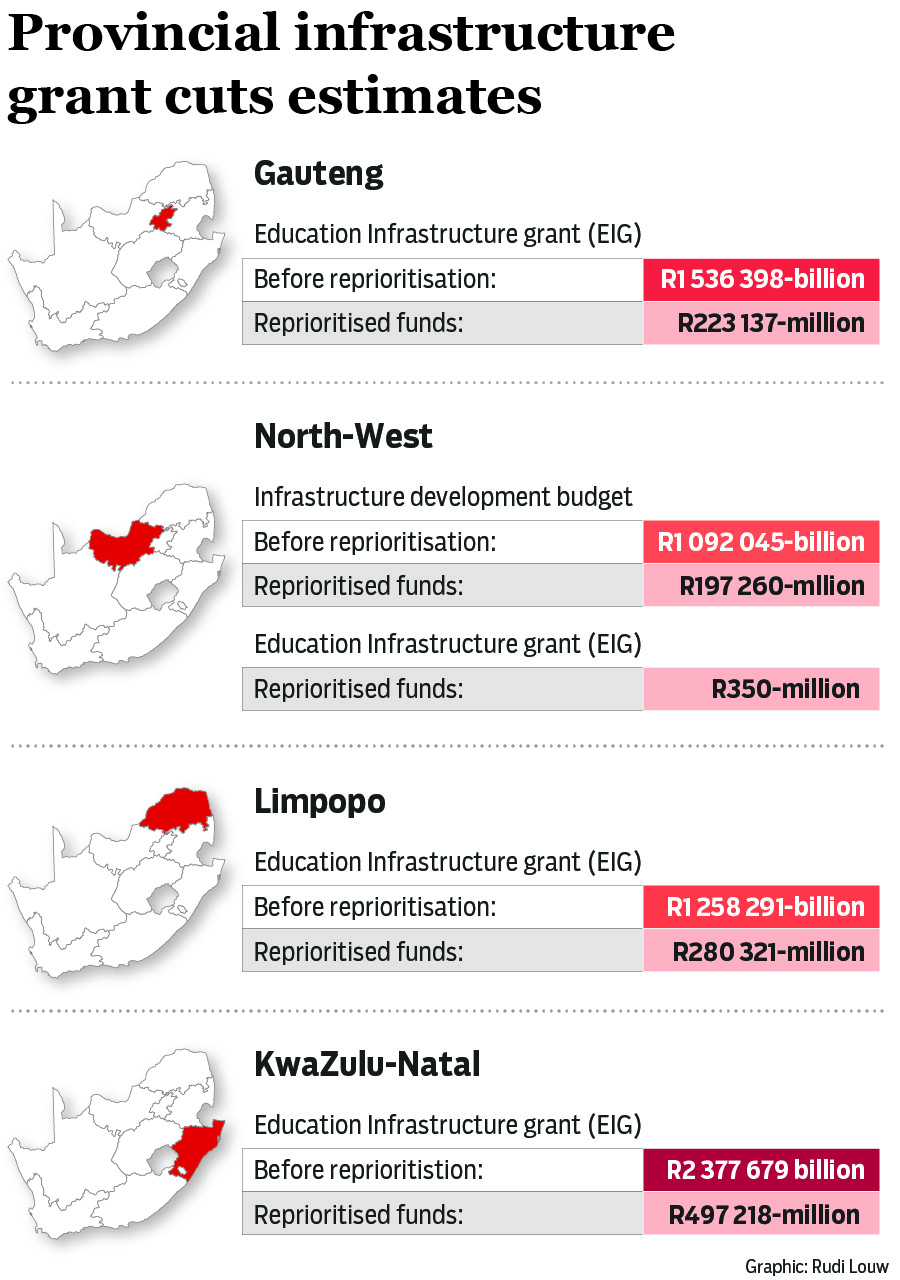Innocent Gininda shares his journey to becoming a registered Professional Engineer (PrEng), emphasizing the importance of mentorship, early preparation, and understanding ECSA requirements. He offers advice to aspiring PrEngs, highlighting the value of diverse feedback and a positive mindset. My journey to becoming a registered Professional Engineer (PrEng) culminated successfully in November 2024. I was fortunate to begin my career at a company with a Commitment and Undertaking (C&U) Agreement with ECSA and a robust mentorship program. This commitment to training engineers to the standard required for Professional Registration provided me with essential resources and a structured path to track my experience against ECSA requirements. Early exposure to these expectations instilled a positive outlook on registration and solidified my desire to achieve this milestone. My views on Professional Registration have remained consistently positive throughout this journey. Working alongside ...
- Get link
- X
- Other Apps



Comments
Post a Comment